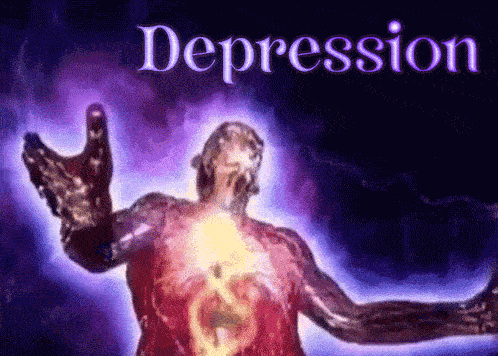2022. I was depressed. There were five months where I couldn’t tell you what I did.
I remember being so frustrated back then, “Why am I so depressed? Why are my emotions so irrational? Why is my brain so dumb?”
At the same time, social interactions weren’t going as I wanted:
I was having trouble making close friends
I would get ghosted by women I liked, over and over again
Whenever I expressed any kind of disapproval, everyone seemed to get mad at me
I didn’t realize it at the time (I was pretty numb, too), but interacting with others felt tremendously unsafe.
Normally, when I’m depressed and low energy, I don’t really want to interact with other people.
In this case, because interacting with other people felt unsafe, one way to avoid interaction and be safe was… to be depressed.
Put another way:
Interact → Unsafe
Be depressed → Don’t interact
… Be depressed → Safe (!)
So maybe I didn’t have a ‘dumb brain’ after all.
What if my depression wasn’t a problem? What if it was actually a solution to a different problem?
If so, the real problem was that I didn’t know how to interact with others while staying safe.
Once I noticed this, I worked on unlearning the insecurities that made interactions feel unsafe. Eventually, I didn’t need to be depressed anymore.
Coincidentally, when I became depressed, I moved to the middle of nowhere (hours away from anyone I might want to interact with). But within weeks of this shift, I moved to a big city and had 10x as much social interaction without a problem.
I haven’t needed to be depressed again in the years since.
Seeing my depression as a useful strategy in the present helped me grow.



